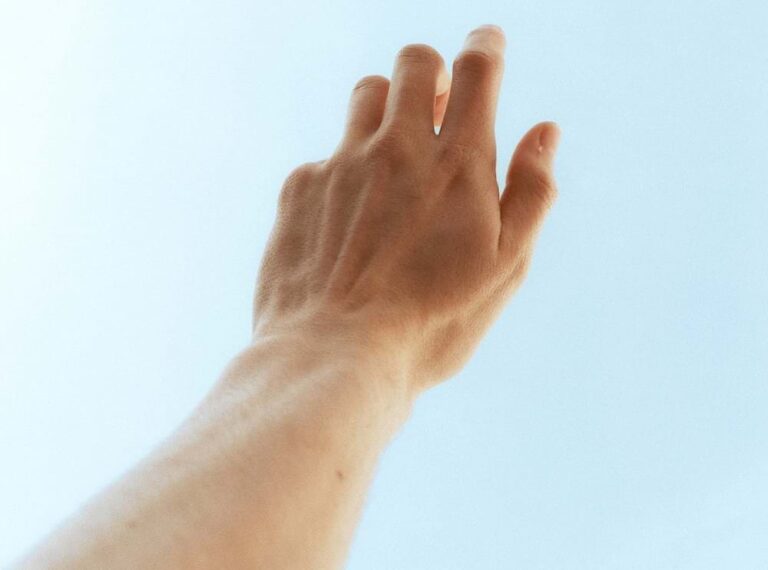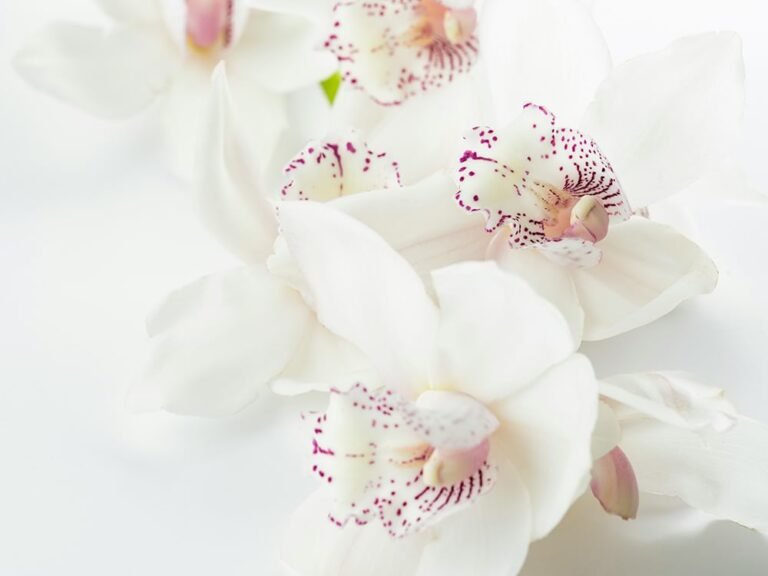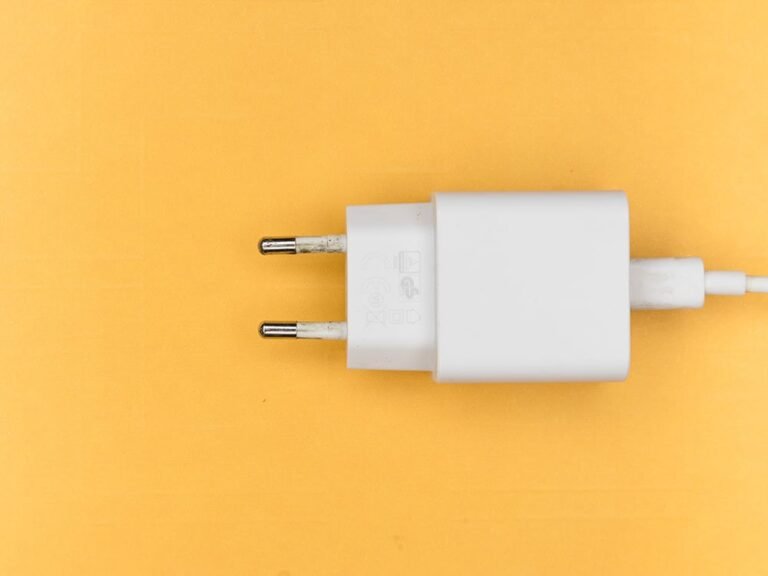soit…soit
In the French language, there’s a handy construction called “soit…soit.” This structure is used to present alternatives or choices. It’s a bit like saying “either…or” in English. Let’s delve into how it works and how you can use it effectively.
The word “soit” means “either” or “whether” in English. When repeated, it emphasizes the choice between two options.
For example:
- “Soit tu viens, soit tu ne viens pas.” (Either you come, or you don’t come.)
- “Je prendrai soit la rousse, soit la blonde.” (I’ll take either the redhead or the blonde.)
- “Soit tu choisis le gâteau, soit tu prends une tarte.” (Either you choose the cake, or you take a pie.)
- “Elle peut soit venir avec nous, soit rester à la maison.” (She can either come with us or stay at home.)
Here are some key points to remember when using “soit…soit”:
- Placement: “Soit…soit” typically appears at the beginning of a sentence, followed by the options presented.
- Agreement: The verbs that follow “soit” agree with the subject of the sentence. This means if the subject is singular, the verb will be in the singular form, and if the subject is plural, the verb will be in the plural form.
- Variations: Sometimes, you might see variations of this construction, such as “soit…ou bien” or “soit…ou.”
A separate construction, but with a similar meaning and usage, is “ou…ou.”







One Comment
Comments are closed.